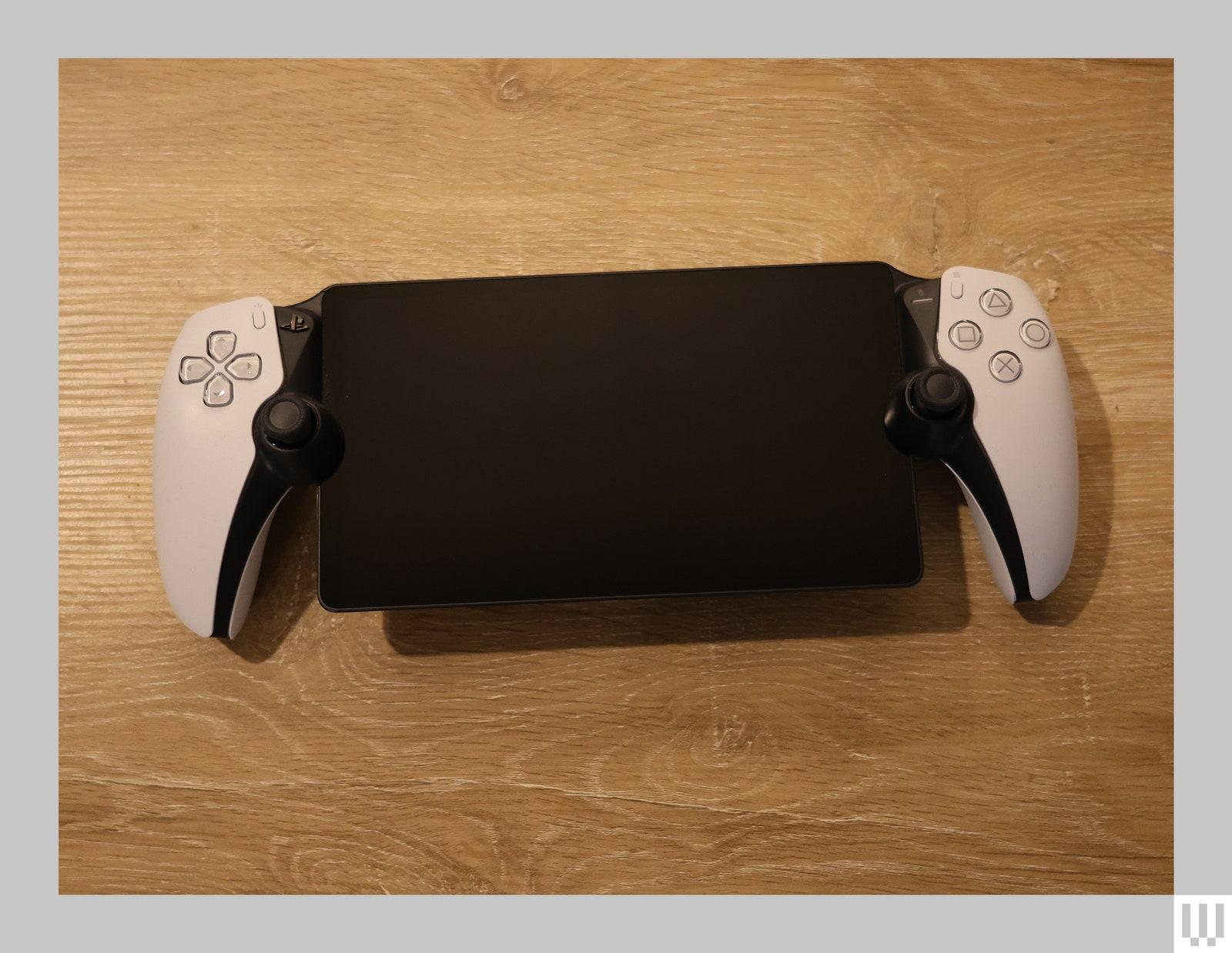In recent years, the handheld gaming market has become increasingly competitive, with mobile devices dominating the scene. However, there is still hope for traditional handheld game consoles, and the savior may come from an unexpected source – Microsoft.
Microsoft has long been a player in the gaming industry, but their focus has primarily been on the console and PC market with their highly successful Xbox brand. However, with the growing popularity of mobile gaming, Microsoft has an opportunity to tap into the handheld market and revive it through their Windows-powered handheld game consoles.
The decline of traditional handheld gaming consoles can be attributed to the rise of smartphones and tablets. These portable devices offer a wide range of gaming options and convenience that traditional handheld consoles struggle to match. As a result, companies like Nintendo have shifted their focus to hybrid consoles like the Nintendo Switch, which can be used both as a handheld device and a home console.
However, Microsoft could bring a fresh perspective to the handheld gaming market. With their extensive experience in operating systems and hardware, they have the potential to create a device that offers a seamless integration between mobile gaming and PC gaming.
One of the key advantages that Microsoft has is their Windows operating system. Windows is still the most popular PC operating system globally, and it has a vast library of games that could easily be adapted to a handheld format. By leveraging this existing ecosystem, Microsoft’s handheld console would have a strong lineup of games from the get-go, making it an appealing option for gamers.
Furthermore, Microsoft’s expertise in cloud gaming could be a game-changer for their handheld console. The company has been investing heavily in its cloud gaming service, Xbox Game Pass Ultimate, which allows players to stream games directly to their devices. This means that a Windows-powered handheld console could potentially have access to a vast catalog of games, even ones that may be too demanding for the device itself.
Another potential advantage for Microsoft is their strong relationships with third-party developers. Microsoft has long been supportive of indie developers, and they have a history of fostering partnerships with big-name studios as well. By leveraging these relationships, they could secure exclusive titles for their handheld console, providing a unique selling point that could entice gamers to choose their device over the competition.
While Microsoft has the potential to save Windows-powered handheld game consoles, it won’t be an easy task. They will need to invest heavily in research and development to create a device that can compete with the convenience and mobility of smartphones and tablets. Additionally, they will have to navigate the highly competitive gaming market and find a way to position their handheld console as a viable alternative to existing options.
Microsoft has the opportunity to save Windows-powered handheld game consoles from obscurity. With their experience in operating systems, hardware, and cloud gaming, they have the potential to create a device that offers a unique and compelling gaming experience. While the path ahead may be challenging, Microsoft has the capability to revitalize the handheld gaming market and provide gamers with a new and exciting way to enjoy their favorite games on the go.
Hey Subscribe to our newsletter for more articles like this directly to your email.
